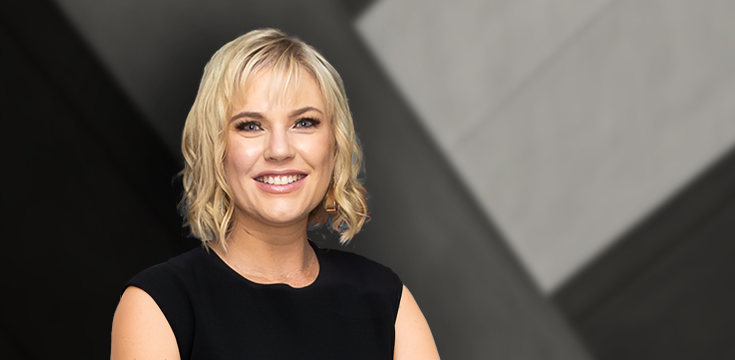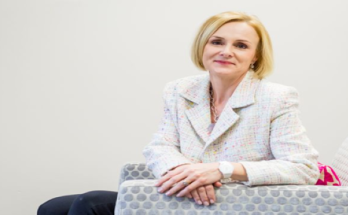I grew up in a home where kindness was never measured in rands. My mom was a single parent, so there was never much to spare, but our table always had room for one more. The lesson that giving isn’t a luxury, but a choice, has inherently shaped how I lead today. Because I truly believe that in business, a simple choice can transform culture, loyalty, and how your employees show up.
The myth of money-first giving
Philanthropy is often framed as being for the wealthy. South Africa’s corporate social investment (CSI) spend reached R12.7 billion in 2024, with education taking 92% of that allocation. But here’s the catch: 76% of that spend comes from just 100 companies. The narrative still suggests that giving is for the giants.
It’s time to challenge that idea. Generosity doesn’t have to live in a line item or a big budget. It can live in the way we lead. By embedding generosity into business models, not just as charity, but as culture, we shift from optics to impact. This means decisions that matter: fair pay, mentorship, platform-sharing, and micro-acts of kindness that go beyond bottom lines.
When leaders prioritise care, yes, they build goodwill, but more importantly, they build resilience. Teams that feel they are valued will stay longer and work smarter, consistently showing up with energy that no incentive scheme can buy. In a market where 56% of employees are actively looking for new jobs, this kind of people-first thinking becomes gold.
A cultural shift to leadership-led giving
Across South Africa, we’re starting to see a quiet but powerful movement that supports this shift. Research tells us that more entrepreneurs are moving from profit-first thinking to purpose-led leadership, leveraging generosity as a driver of growth. When you pay people well, mentor generously, and share opportunities instead of hoarding them, you create a culture that attracts and keeps the right people. That’s not just good ethics, it’s good economics.
Micro kindness as a business strategy
One of the philosophies I live by is what I call the “Care for the Next” principle. It’s simple: make choices that make life easier for the person who comes after you, even if they’ll never know. Replace the toilet roll. Save the file properly. Push the trolley back. These micro-acts cost nothing, but they create a rhythm of respect that shapes how people work together. When leaders model this, it becomes contagious. Suddenly, kindness becomes systemic.
Micro kindness matters because culture isn’t built in mission statements. It’s built in the everyday moments: how you respond to an email, how you handle mistakes, how you show up when no one’s watching. These choices compound and, over time, they create a workplace where people feel safe, supported, and motivated because principles are prioritised over perks.
Generosity beyond business walls
Generosity also scales beyond the walls of your business. At JAW, we’ve donated a significant portion of profits to causes we care about, and I make sure the team knows it’s their work that makes that impact possible. Charitable giving is powerful, but it’s most meaningful when it’s connected to the people who helped create it.
Five ways to lead generously without a big budget
Generosity in business doesn’t require grand gestures. It requires intention. Here’s how to start:
- Pay your employees well, not just fairly – Fair pay should be a baseline. Paying well signals respect and ambition. It shows that you value talent, commitment, and the impact people can make.
- Mentor actively – Share knowledge, open doors, and give people access to networks and insights they couldn’t reach alone.
- Embed kindness in policies – Offer flexible schedules, protect downtime, and normalise mental health conversations.
- Use your platform to amplify others – Celebrate your team publicly, share credit generously, and shine a light on the people behind the work.
- Model generosity in everything you do – Respond with respect, say thank you, and notice extra effort.
The real ROI of generosity
Businesses that lead with care see stronger engagement, lower turnover, and deeper client trust. Gallup data shows that employees who feel their opinions count are 4.6 times more likely to perform at their best, and with engagement sitting at 29%, even though our workforce is statistically happier than those in other countries, the opportunity for improvement is huge. Purpose-driven companies consistently outperform peers because they build cultures where people feel seen, supported, and significant.
You don’t need a big budget to lead generously. You just need the courage to choose purpose alongside profit and to believe that doing good is not a compromise, but a competitive edge.
Jeni-Anne Campbell, founder of JAW Advertising and author of Feeding Unicorns, says that in business, generosity is often misunderstood. It’s seen as something reserved for big corporations with deep pockets, a line item for those who can afford to give.




